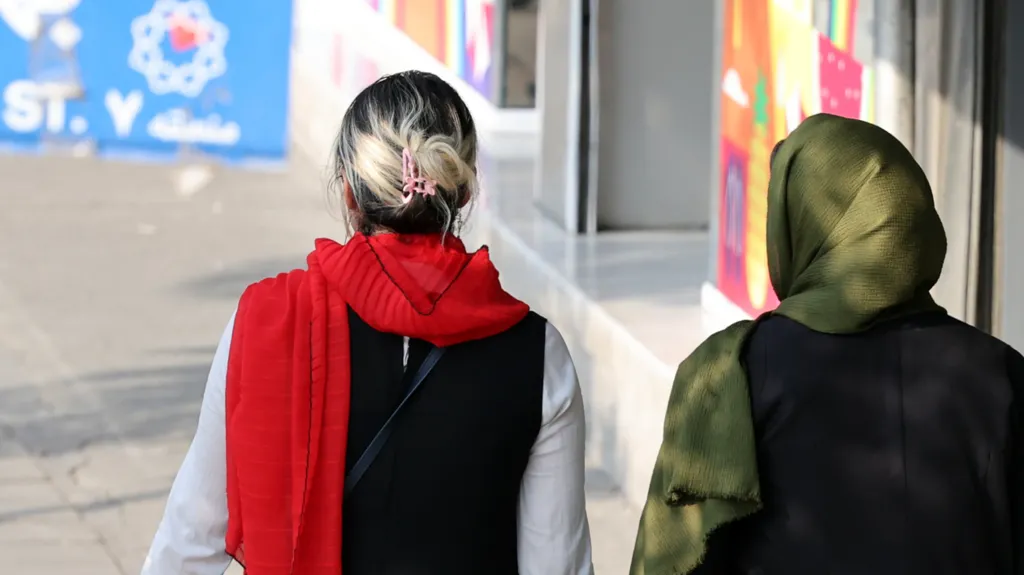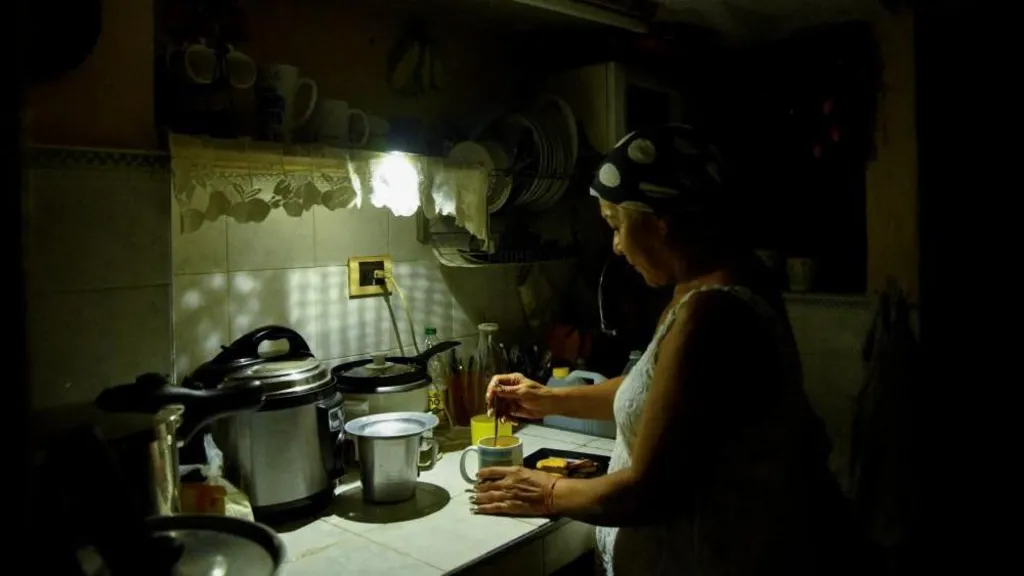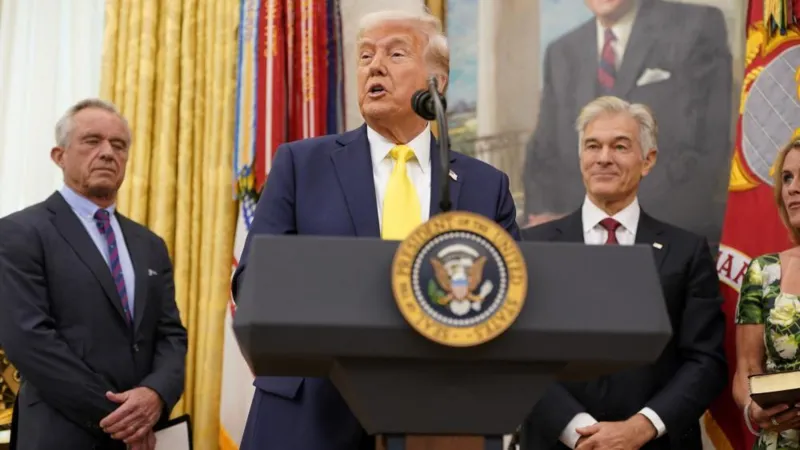Iran's morality police will not 'bother' women, president says

Iran's new president has said that morality police will no longer "bother" women over the wearing of the mandatory hijab headscarf, days after the UN warned women were still being violently punished for breaking the strict dress code.
Masoud Pezeshkian's comments came on the second anniversary of the death in police custody of 22-year-old Mahsa Amini after she was arrested for allegedly not wearing the hijab properly, sparking nationwide protests.
The UN last week said Iran's government had "intensified efforts" since that period to suppress women's rights and crush any last vestiges of activism.
But on Monday, Pezeshkian said that the regime's morality police should no longer be confronting women on the street.
Pezeshkian, who became president after his predecessor died in a helicopter crash, is seen as a potentially reformist leader.
He was responding to questions from a female reporter who said she had taken detours en route to the press conference to avoid police vans. She was wearing her head scarf loosely with some hair showing.
When asked by Pezeshkian if the police were still on the streets she confirmed that was the case.
In response he said: "The morality police were not supposed to confront [women]. I will follow up so they don't bother [them]".
His comments were broadcast live on major state TV networks, including rolling news channel IRINN. The clip of the conversation with the female journalist has since gone viral online.
It was Pezeshkian's first press conference since coming into office in July, replacing the ultraconservative Ebrahim Raisi.
During his election campaign he pledged to oppose police patrols enforcing the mandatory hijab headscarf. He has also vowed to ease some of the country's long-standing internet controls.
Iran stepped up surveillance of social media following the nationwide women-led anti-establishment protests in 2022.
Signs of a potentially more relaxed attitude to the country's strict dress code for women were present at Pezeshkian's press conference on Monday, where some female journalists wore loose head coverings.
This was a noticeable departure from previous official events where female journalists are required to appear in full hijab, BBC Monitoring reported.
But the UN's latest fact-finding mission in the country says women "still live in a system that relegates them to second class citizens".
In its report released last week, the UN said: "State authorities have expanded repressive measures and policies to further deprive women and girls of their fundamental rights."
It noted the government had "enhanced surveillance of hijab compliance" in both public and private environments while also endorsing an escalation in violence in punishing women and girls who break the rules.
"Security forces have further escalated pre-existing patterns of physical violence, including beating, kicking, and slapping women and girls who are perceived as failing to comply with the mandatory hijab laws and regulations," the UN said.
It said authorities had also increasingly invoked the use of the death penalty against women activists and "scaled up" executions of those who had expressed solidarity with the 2022 protests known as the Woman, Life, Freedom movement.
The UN mission also noted that a “Hijab and Chastity” bill was in the final stages of approval before Iran’s Guardian Council and could be finalised imminently.
"The Bill provides for harsher penalties for women who do not wear the mandatory hijab, including exorbitant financial fines, longer prison sentences, restrictions on work and educational opportunities, and bans on travel," the UN investigators said.
Source: BBC
























































